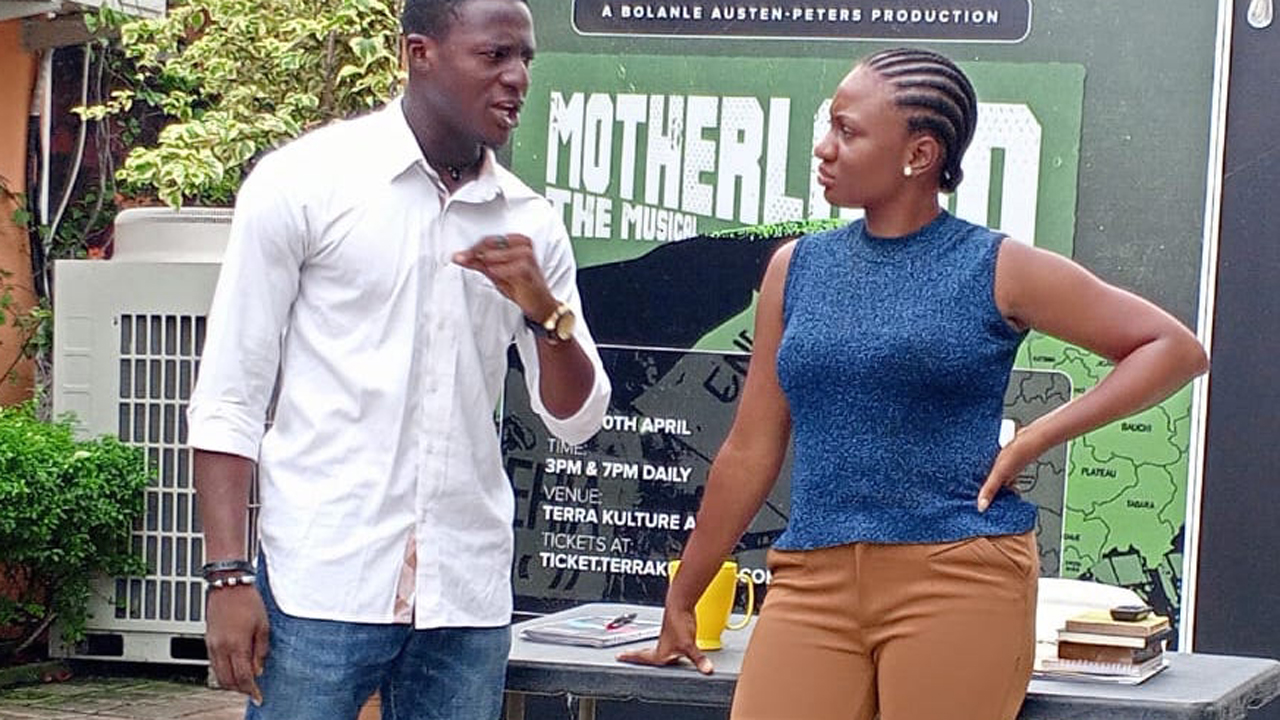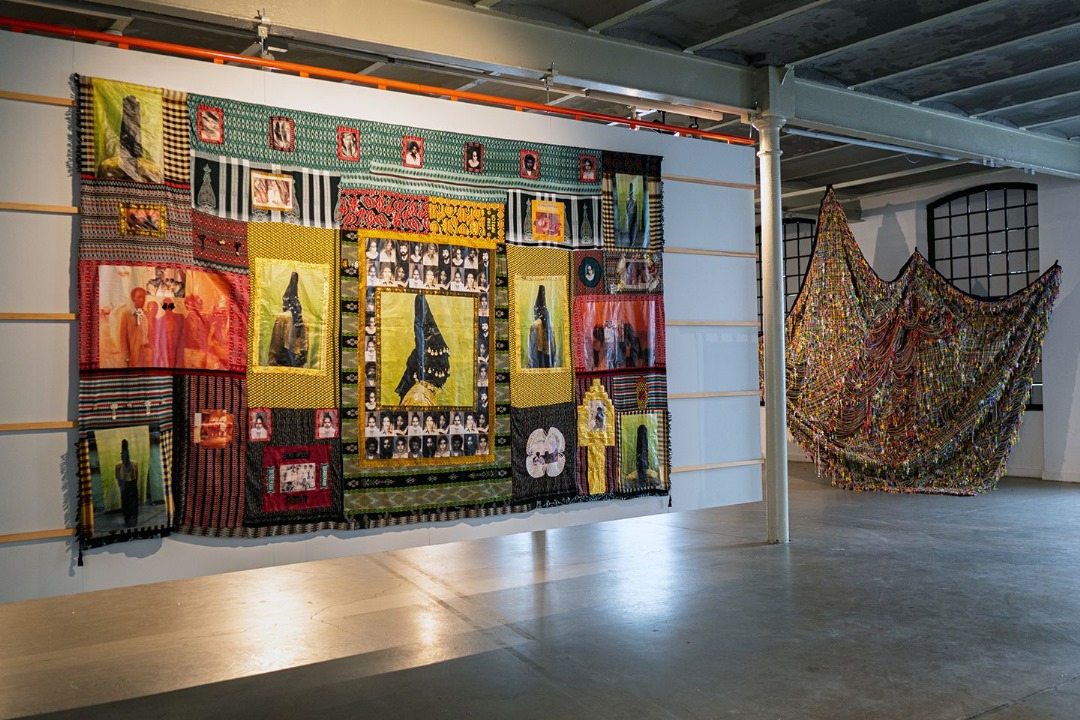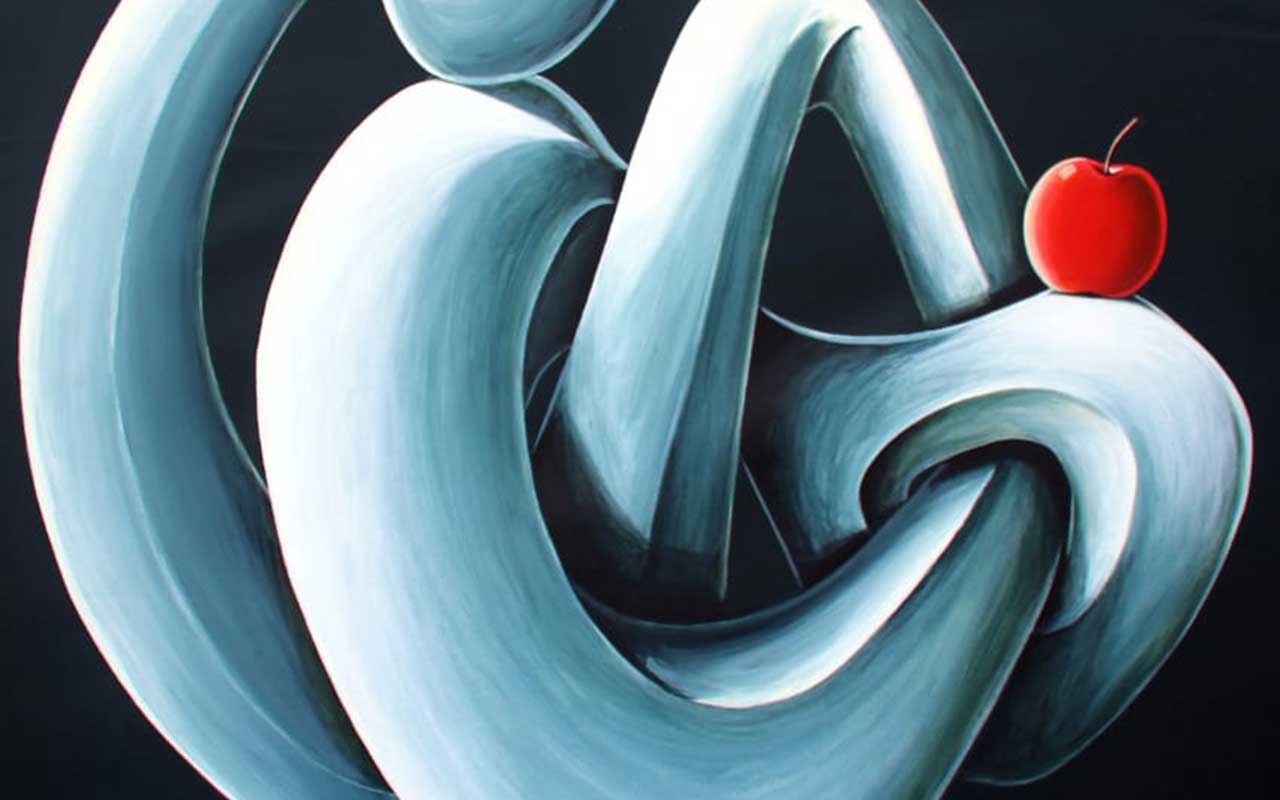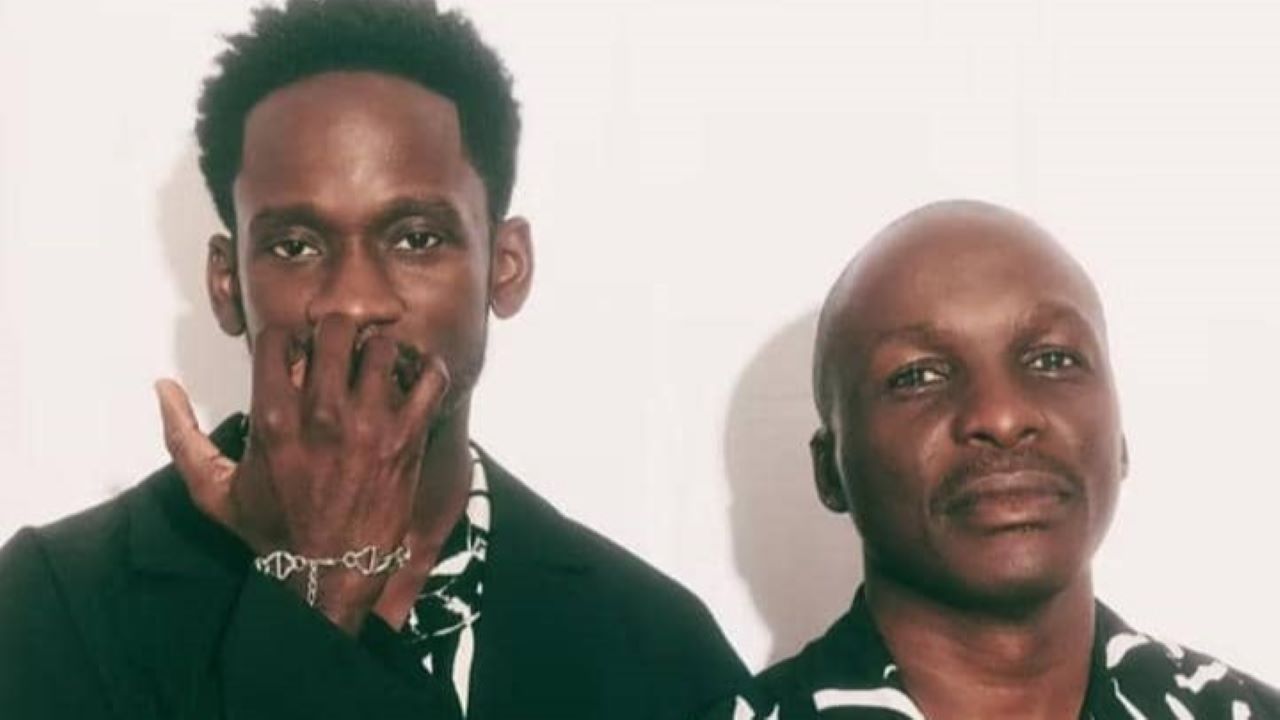
It was the late Dario Angelo Fo, the 1997 Nobel Prize recipient in literature, who doubles as a political activist, playwright, theatre director and songwriter that said: “A theatre, a literature and an artistic expression that does not speak for its own time has no relevance.”
With this, the Nobel laureate tells the world that artistic expression, including stage plays, tells the narrative of its time for it audiences, which may be now or the future. By implication, the statement asserts that the stage can be used to unveil the ills of society and proffer solutions to them as well.
Little wonder then, Ola Awakan wrote the play titled, Time Up to interrogate the different social and political situations in the society.
Presented by the Just Theatre House throughout the weekends in June at the Terra Kulture, Lagos, the play was directed by Ifeanyi Eziukwu, while Olayinka Adedoyin was the associate producer.
Time Up dissects the problems of the country from the different perspectives of two friends, Jude (Israel Audu) and May (May Okanigbe). Jude is a social critic; he calls for a radical change in society. He wants this change to come through a bloody revolution — a cleansing.
He believes this will deter future leaders from engaging in any form of corruption. He theorises that if society is not cleased that the few left might rise and corrupt the rest.
For May, the change should be latent and steady and through literary works. In her conjecture, literary works appeal to readers’ consciences and urges them to develop the right attitude that will impact society for good.
She believes that radical change will lead to bloodletting. She evokes the memories of the killing of her children and the horrid scenes of maimed and dead people and becomes moody. She harps on the need of dialogue and peace, saying, “war is war; there is no small war.” She notes that in every war lives must be lost and men should try to avoid wars and sue for peace.
Taking May’s option to be sedate and might not bring the necessary change, Jude shows an outburst of anger that demonstrates his dislike for the unscrupulous system. He tells how literary icons including Nobel Prize laureate, Professor Wole Soyinka; Chinua Achebe, Chimamanda Adichie and a host of others like James Raphael whose picture museum like any literary work is helping to impact society for good.
Engaging a series of dialogues, the two migrate from simple issues to a more complex ones that include the economy, security, gender and modern slavery.
Despite the oodles of issues, the duo narrows their discussion to unemployment, piracy, corruption and human trafficking as major dilemma confronting the society.
Giving these problems a human face, unemployment claims he is alive because of corruption and curbing corruption means killing him. Piracy, the killjoy of creativity and authors’ hitman links it existence to corruption and the leaders who handle its issues with a child’s glove.
Human trafficking professes to be alive because of poor economy and the nation’s leadership to provide for all.
Spiced with dance, the play, aside from bringing to the fore the plethora of issues and proffering solutions highlights some of the nations unsung heroes and expresses reasons these heroes should be honoured and always remembered.
The play divides the polity into two ¬— docile and bellicose citizens. The bellicose are ready for a bloody revolution as a solution, while the docile want dialogue. It satirises both categories, saying until the people are united in thought, they will never come up with any meaningful idea.
The play¬¬ gives a total reflection of Nigerian society with its policy somersault that have made most decisions unstable, especially when it comes to handling crime and building lasting institutions that will not only re-orient the people but define and chat new ways to do this for our common good.
Time Up forewarns our leaders, especially those in government to enrich themselves, instead of rendering quality service to the people. It calls on leaders to do the needful, as time has changed and the people are now willing to challenge their leaders through dialogue or confrontation. It is telling bad leaders at different levels of governance that there time is up and there is an ongoing arrangement to replace them either peaceful or through a radical change. It is also advocating for all to brace change — a positive change that will be for the good of all.
Using the major crimes highlighted as a peg to others, the play tells its audience that with strident legislation, strong institutions and an irreproachable judiciary crime can be reduced to its abysmal level.
The cast put up a superlative performance in interpreting their parts. They presented the story as if, it naturally emanated from them and mingled among the audience, which created an interpersonal feeling that the play was not only dramatized but a dialogue between the audience and the cast.
This one of Ifeanyi Eziukwu’s minimalistic plays is showcased in an unconventional space. He creatively adopted the space to suit the scenes, giving the audience the direct feel of the cast as they move within the audience.
However, despite the touching storyline, the playwright localised the play with the Nigerian scene conjured. This goes to say the play is subject to improvisation if performed outside the Nigerian context.






